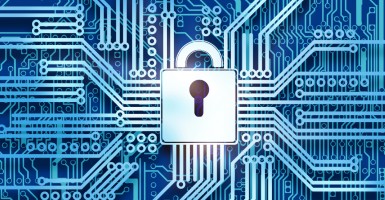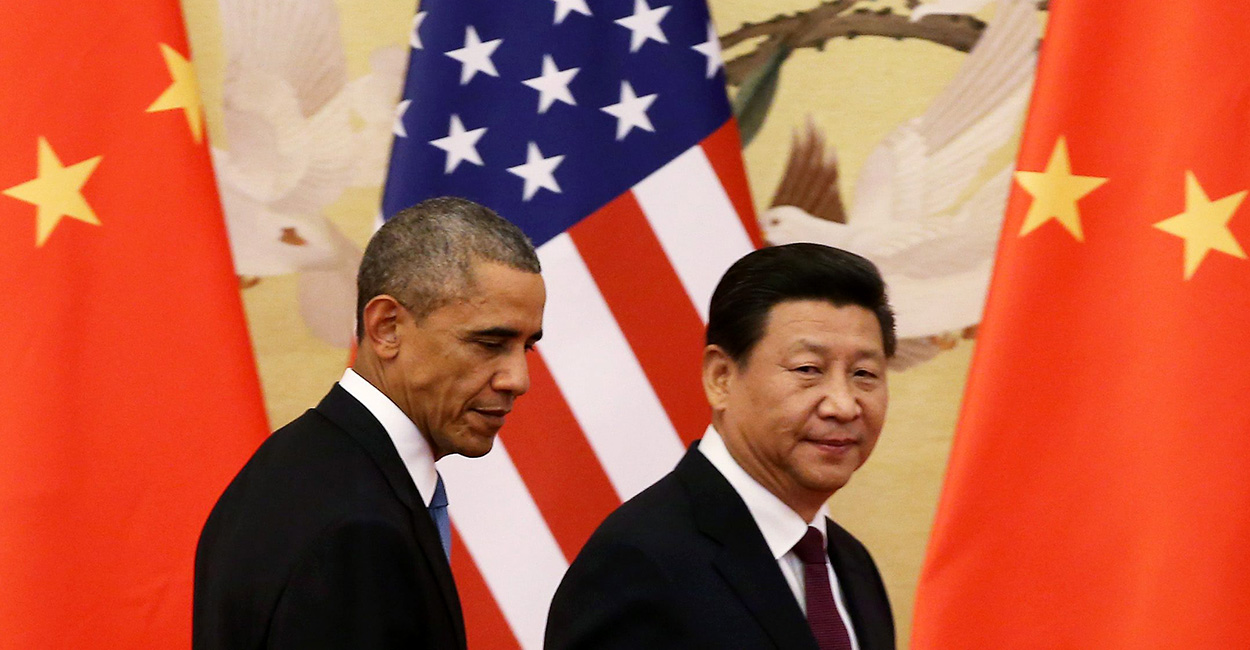The Obama administration announced yesterday that the private records of as many as four million current and former federal employees could be in the hands of foreign hackers. The Office of Personnel Management, the organization that handles government security clearances and federal employee records, housed the compromised data.
While various American authorities have blamed China for the attacks, the Chinese Embassy has warned the U.S. not to jump to conclusions.
Steven Bucci, director of the Douglas and Sarah Allison Center for Foreign and National Security Policy at The Heritage Foundation, emphasized that while there could be evidence that China is responsible, the White House has not articulated that.
Even if the Chinese were behind the attacks, it would still be unclear whether it was the government directly, a band of criminals, or a combination of the two. When it comes to a cyber attack, Bucci explained, “Attribution is one of the hardest things to do, and with China it’s even harder.”
Though Bucci does not believe this data hack will have any implications on Chinese President Xi Jinping’s scheduled visit to the White House in September, he does think there could be other ramifications in Chinese-American relations.
Lawrence Husick, senior fellow at the Foreign Policy Research Institute and co-chair of the Center for the Study of Terrorism, agrees with Bucci.
Husick remarked, “In general, U.S.-China relations will suffer. However, it’s very difficult to predict any particular way in which they will be worse because there are always trade-offs.”
In terms of how this data breach will affect the millions of federal employees whose information was compromised, Bucci said these Americans should be very concerned.
The Office of Personnel Management houses very sensitive material, according to Bucci.
Hackers now have access to Social Security numbers, job histories, pay scales, and possibly, even full security clearance information.
That means hackers can spoof federal employees, which Bucci explained is like “high-speed identity theft.”
Also, from a security standpoint, hackers can use the information to compel employees in certain ways.
Once hackers know the information in a security clearance file—information that spans a person’s lifetime—the cyber attackers can use it to influence people’s actions.
While this will not happen to four million Americans, the people responsible could certainly use this tactic on the most significant people in the database.
Husick, on the other hand, believes federal employees affected by this cyber attack have no compelling reason to be alarmed.
Husick said, “If I were a federal employee, I would be no more concerned by this breach than I would be if my information were stolen from a retailer like Target.”
As cyber attacks are becoming more common, many Americans are expressing concern over how to prevent their occurrences.
The problem, Bucci said, is that “cyber security is such a dynamic field; it’s changing constantly.”
To achieve true protections from these types of breaches, Bucci advised that experts in technology fields, government officials, and security specialists all work together to determine the best practices.
Bucci warned, “We’re not done. This is like fighting terrorism. It isn’t going to go away. It’s going to constantly evolve and change and we need to understand that.”





























